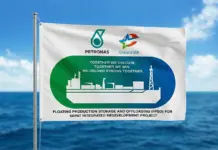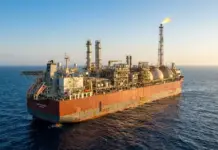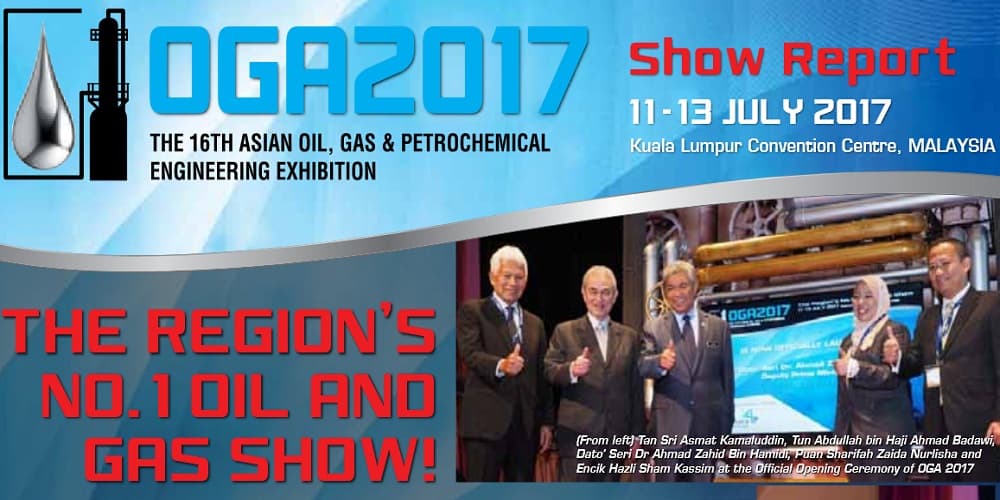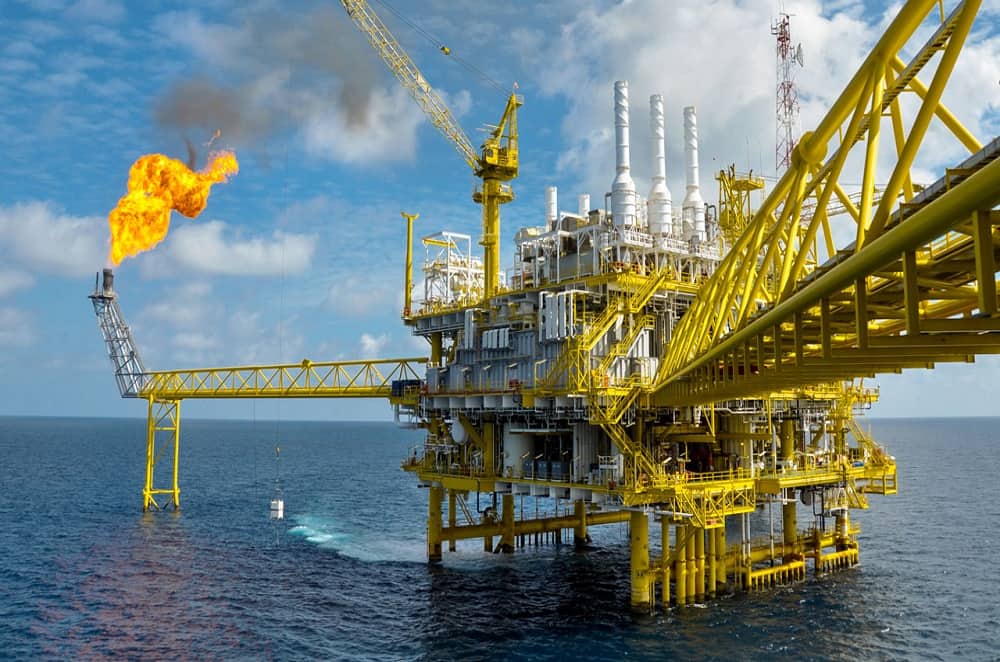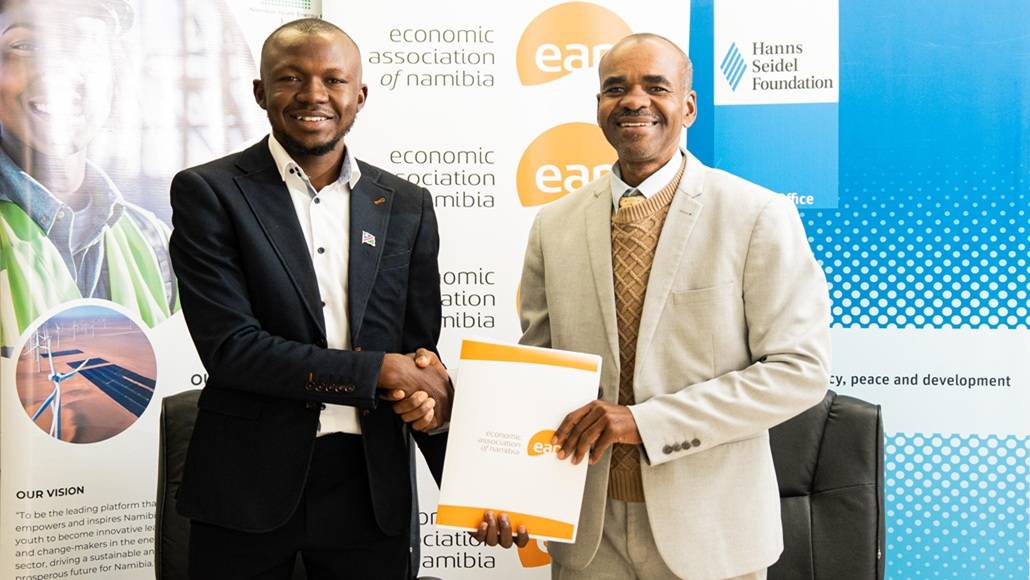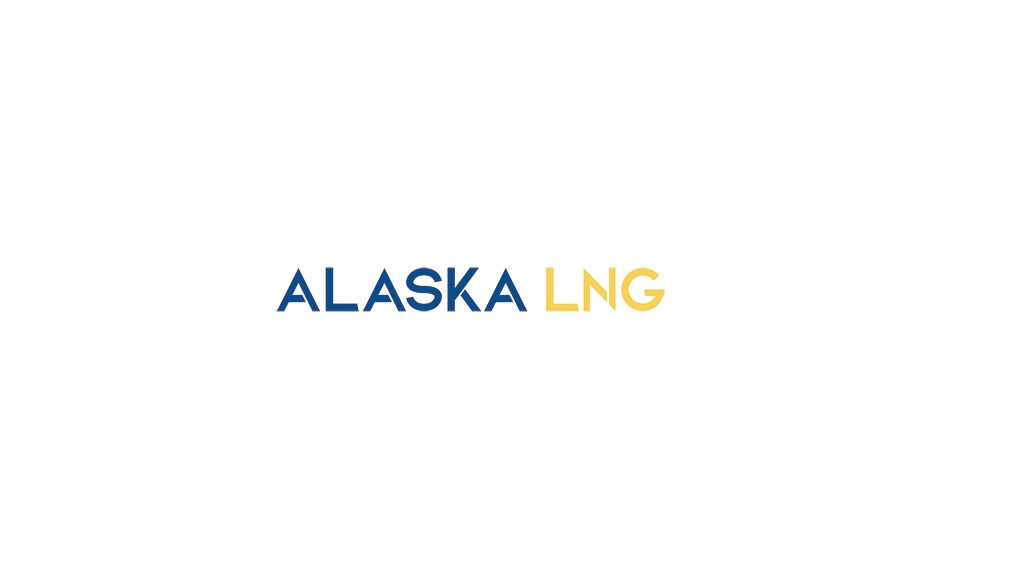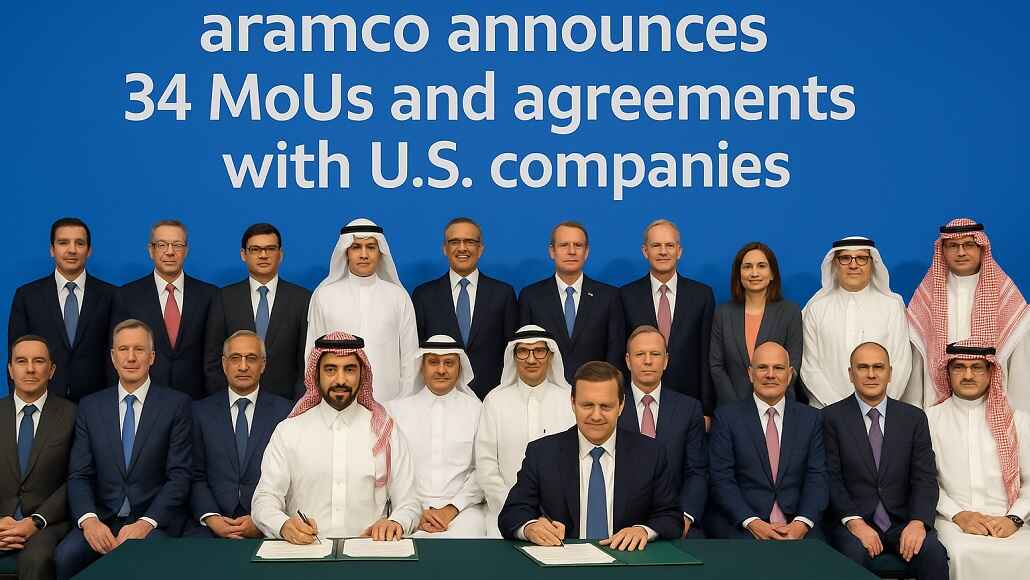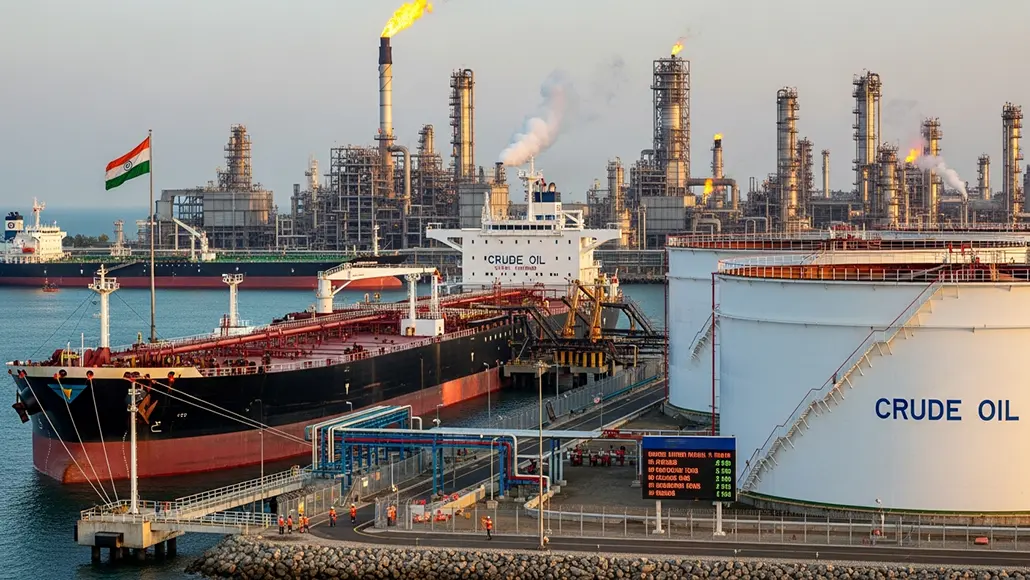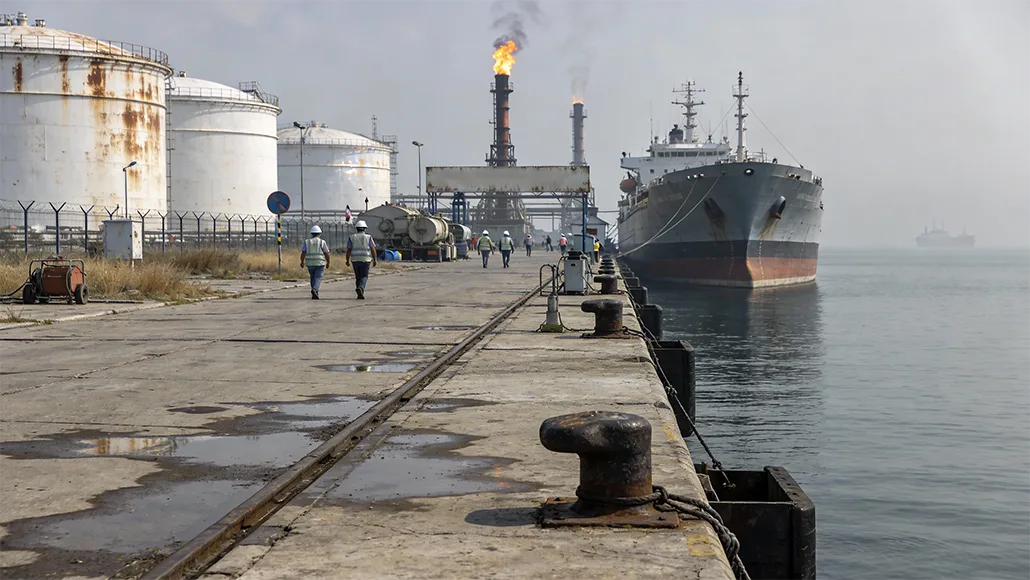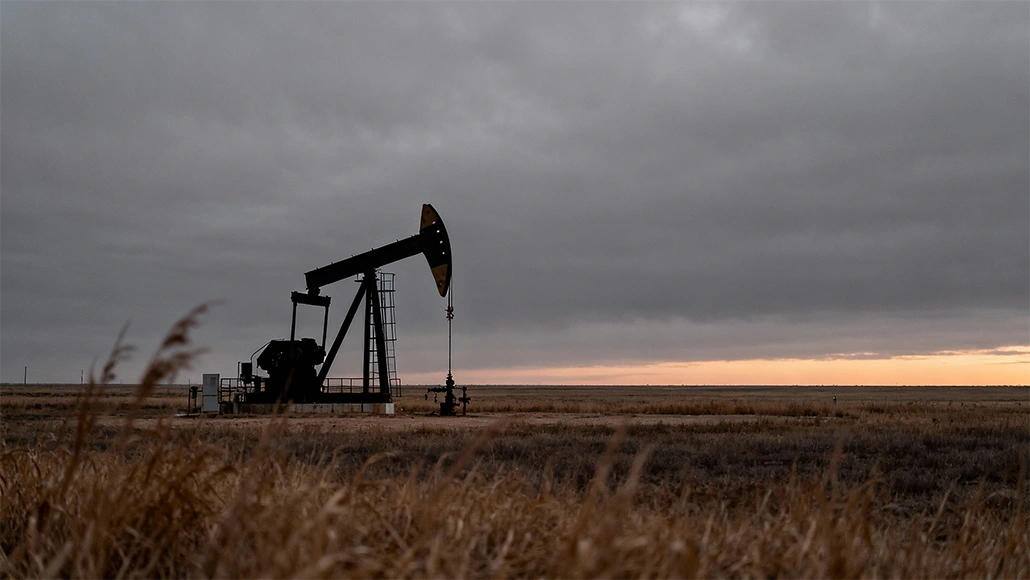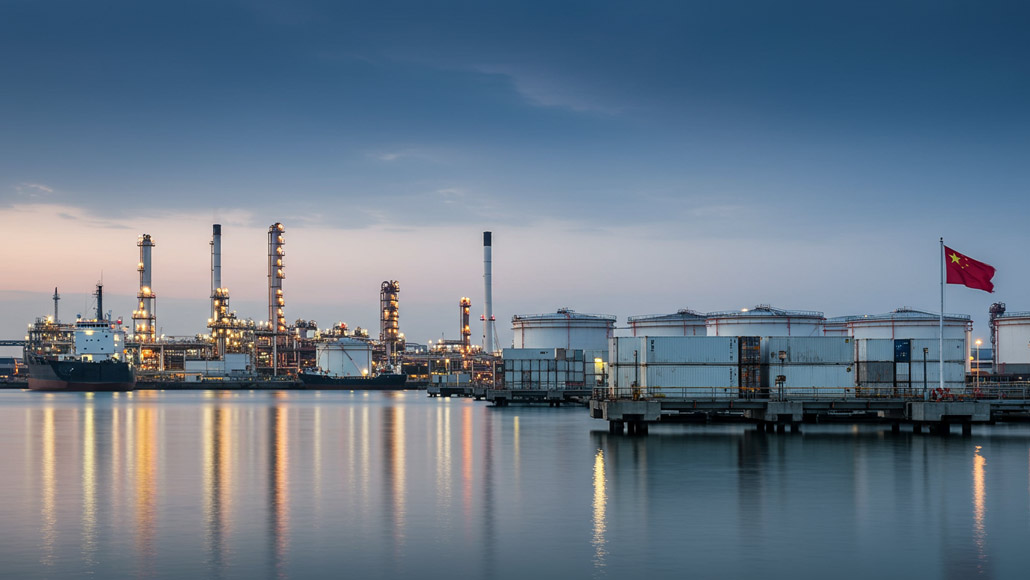Scott Bessent, the U.S. Treasury Secretary, said on September 15, 2025, that the Trump administration would not impose additional oil-related tariffs on Chinese goods in order to halt purchases of Russian oil from China unless the European countries hit China and India with steep duties of their own.
Mr. Bessent told this to Reuters and Bloomberg in a joint interview: the European countries are required to play a stronger role in cutting off Russian oil revenues and at the same time bringing the war in Ukraine to an end. They expect the Europeans to do their share now, and the U.S. is not going to be moving forward without the Europeans, said Mr. Bessent when asked if the U.S. would impose Russian oil-related tariffs on China after Donald Trump slammed another 25% duty on the Indian imports.
Mr. Bessent said that he pointed out in discussions with the Chinese officials in Madrid pertaining to trade and TikTok that the U.S. had imposed tariffs on Indian goods, and the fact is that President Trump has been asking the European countries to impose tariffs between 50% and 100% on China and India so as to cut off the Russian oil revenue to a very large extent.
According to him, the response from the Chinese side was that oil purchases remained a sovereign matter.
Mr. Bessent also went on to criticize the purchases of Russian oil by some of the European countries, as there are others who happen to buy petroleum products refined in India from the Russian crude that is purchased at discounted rates, stating that they were helping to finance a conflict taking place in their own backyard.
He added that he guarantees that if Europe puts in a substantial secondary tariff on the buyers of Russian oil, the war will get over in a matter of 60 or 90 days, as it would cut off the main revenue source of Moscow.
According to the Treasury chief, the tariffs on Indian goods over the Russian oil purchases that they do had brought quite substantial progress in discussions with India.
Mr. Bessent reiterated that the U.S. would indeed be willing to work with the European countries in order to consider certain steeper sanctions on the Russian entities, which include oil majors like Rosneft and Lukoil, in addition to the steps to prepare for greater usage of Russian sovereign assets, which, by the way, have been frozen since 2022 due to the Ukraine war.
This can very well be done through seizing small portions of the $300 billion in frozen assets to start, or rather placing them into a special purpose vehicle, which could as well serve as collateral for the loan to Ukraine, Bessent remarked.




